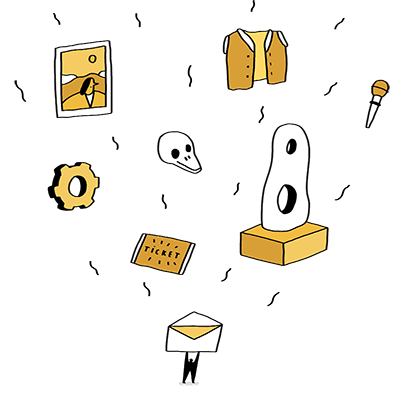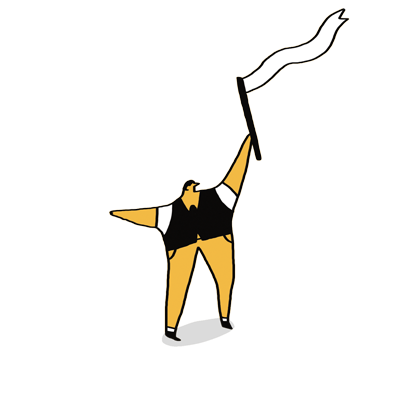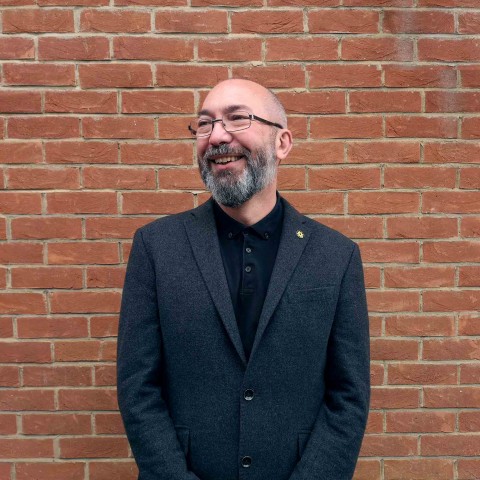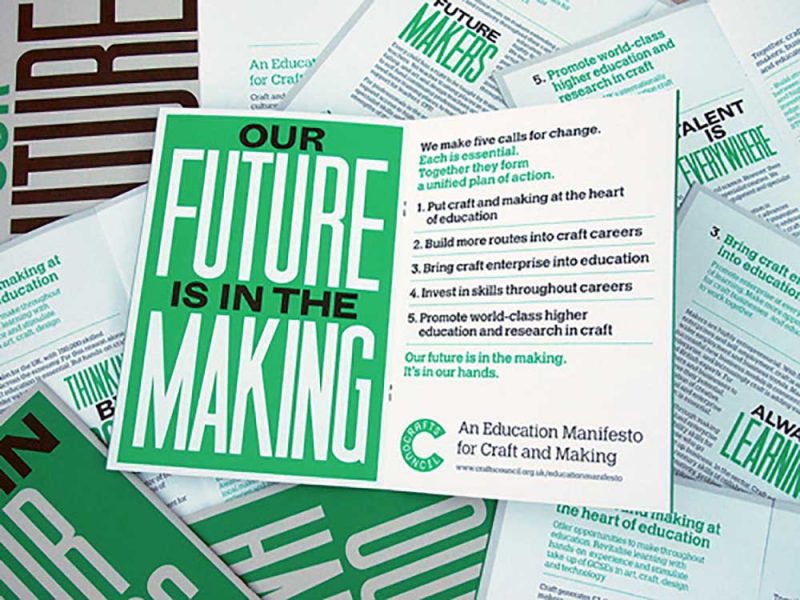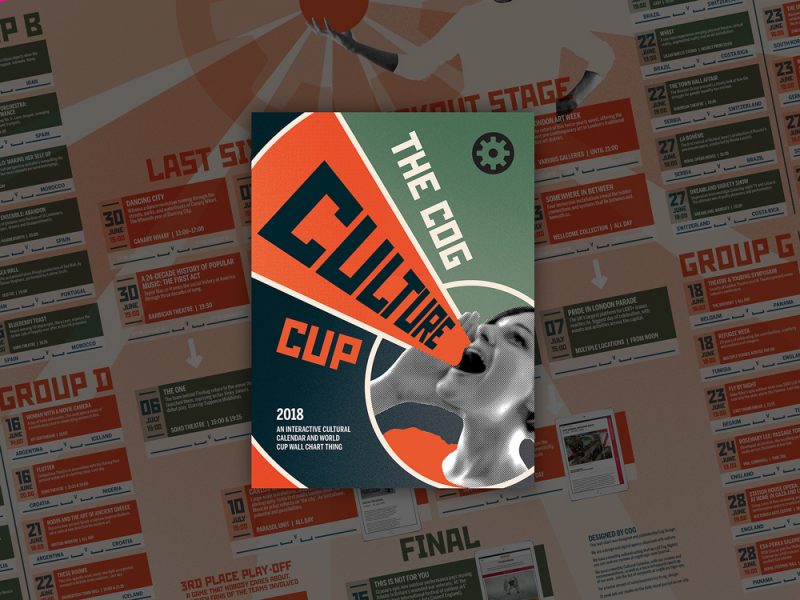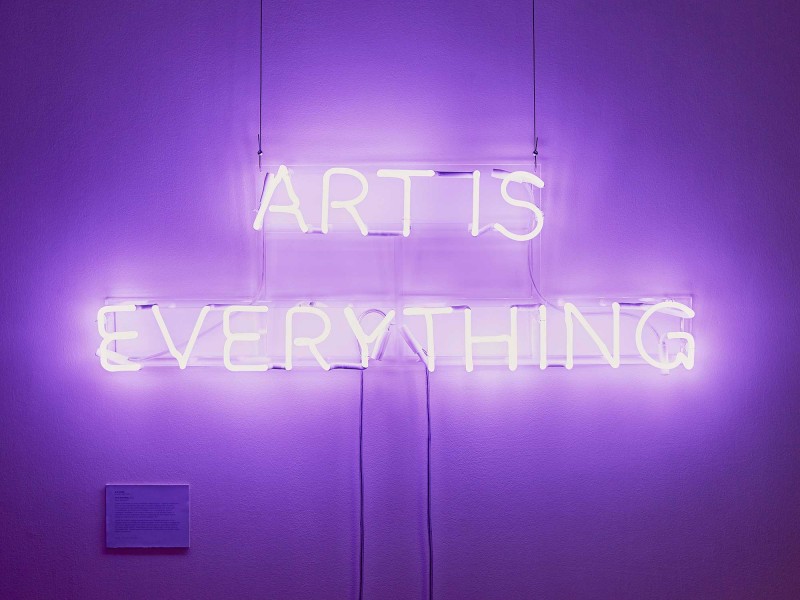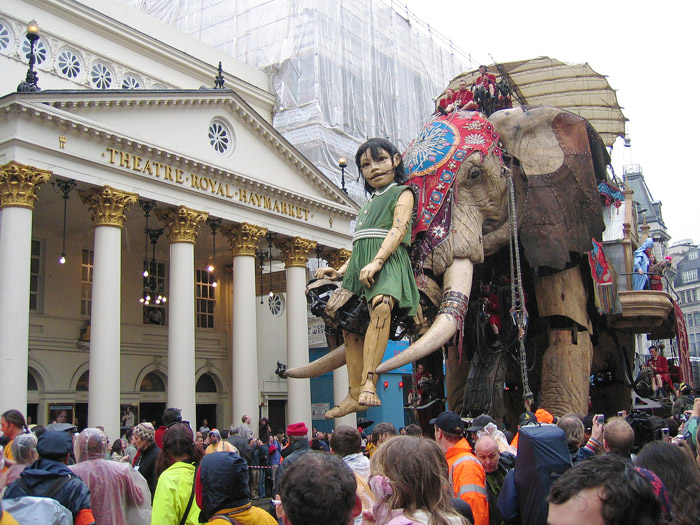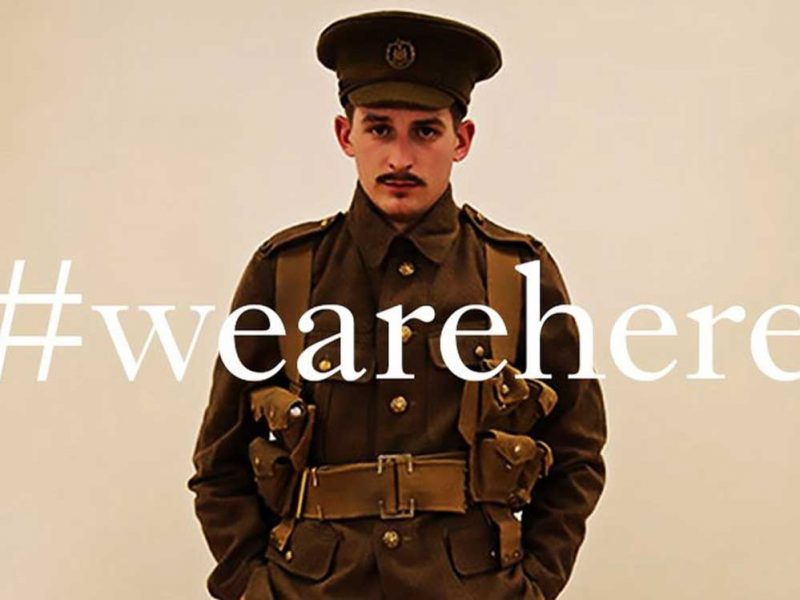With the arts sector in crisis, would it be sensible to pivot to another sector? Probably. Are we going to do that? Absolutely not. Michael explains why.
In it together
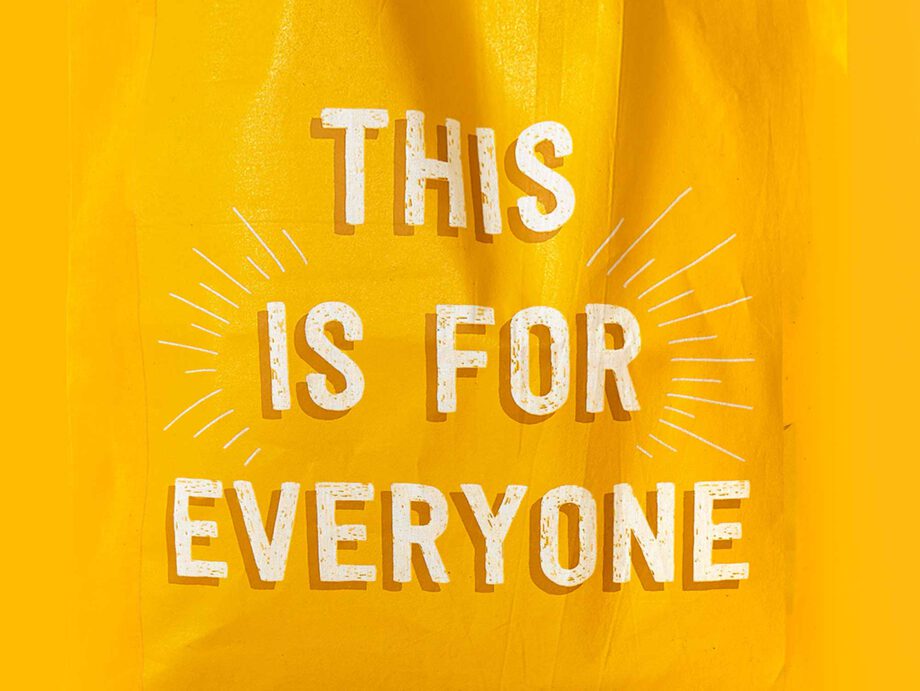
I founded Cog Design in 1991. In truth there wasn’t a lot of planning involved. I loved going to gigs and my commissions came from concert promoters. It was the middle of a recession and most people told me to get a proper job. I didn’t listen.
Cog has expanded to encompass a broad spectrum of culture and heritage clients but the core of the business remains the same: we help arts organisations inspire their audiences.
Is that a good business model?
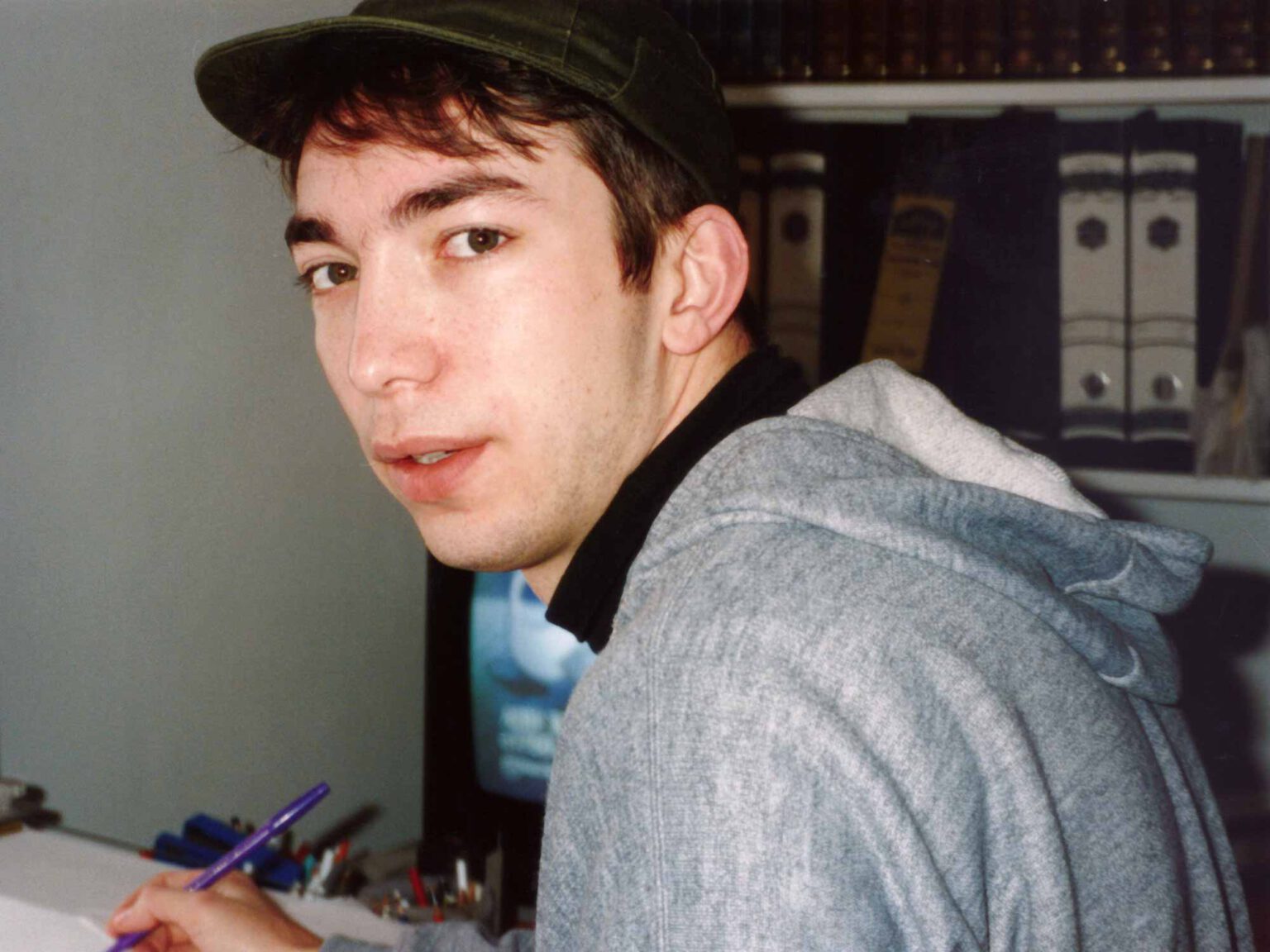 Michael, literally at the drawing board, in 1991.
Michael, literally at the drawing board, in 1991.
If you were planning to start a design agency at the moment, what sector would you turn to for clients? I can guarantee that the arts would not even feature on the list.
Even in the best of times, the cultural sector is fuelled by enthusiasm, long hours and a can-do attitude. It’s not an industry you turn to to make your fortune.
Peer behind the curtain, and even commercial West End theatre is held together by duct-tape and promises. And those shows, those theatres, those producers are lauded as one of Britain’s great business success stories.
At Cog we’ve worked exclusively in the arts for almost three decades. We do that because we love it and we believe in the power of the arts to change lives and perspectives.
But our position is quite rare. I can remember a freelance designer (now a high-flying agency director) taking me to one side to say “this arts work is great fun, but where’s the work that makes the money?”.
It’s a model he’d seen a lot elsewhere. Big agencies take on high-profile cultural projects for the kudos (and because arts people are more interesting to work with). But the work is short-term window dressing, taken on to motivate their team and to attract more pharmaceutical, retail, banking, property, luxury goods, gambling and alcohol clients.
We’re not like that. There is no alternative sources of income. We only work in the arts.
We work across branding, campaigns and publication designs but most of our work is now in the world of websites. We work really, really hard, and we’re good at what we do. People pay us for our expertise and the benefit we bring to their organisation. In the arts that usually means raising profiles, selling tickets, or an uptake in memberships and donations.
Could we earn more and work less hard by applying our skills to other sectors? Of course we could. Would we want to? Absolutely not.
As the pandemic hit, lots of people offered me advice. This crisis could last til September, they said; arts venues won’t be able to open, they have no money to pay you. You need to pivot, to turn to other sources of income, to turn away from these impoverished clients.
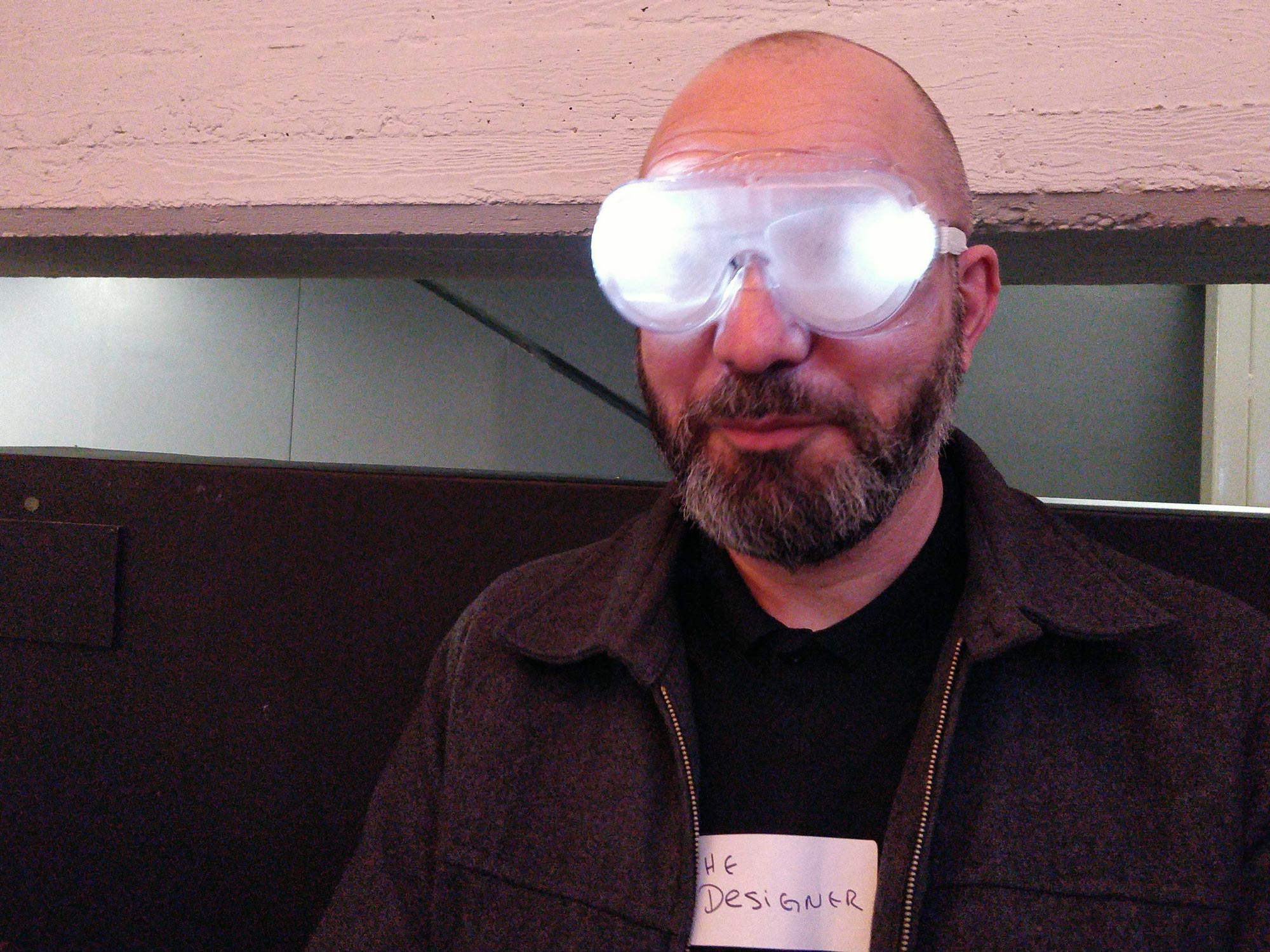 Michael, experiencing White Plague at Greenwich Theatre in 2020.
Michael, experiencing White Plague at Greenwich Theatre in 2020.
I suppose from a cool, calculated, business-focused perspective it was good advice. We’re now in November starting a second lock-down; reopening efforts have been trashed and we’re all feeling pretty numb.
But I have not followed their advice.
We are not going to abandon the sector we love at the time it needs us most.
We don’t see ourselves as suppliers to the arts sector; we are partners, within the sector.
We are all in this together.
Culture is the glue that binds society. We can’t walk away from the arts when the world is at its most fragile. We need to work together to keep alive the complex networks that bind it all and make the magic possible.
It’s going to take years, maybe decades to rebuild what we have lost this year. We need experience, collective memory, deep understanding and robust tenacity to help the next generation survive and thrive.
Now is not the time for those who have benefitted from the (relatively) good times to abandon the arts. Now is when we are needed more than ever.
We’ve been in it for 30 years, we aim to be around for at least another 30.
